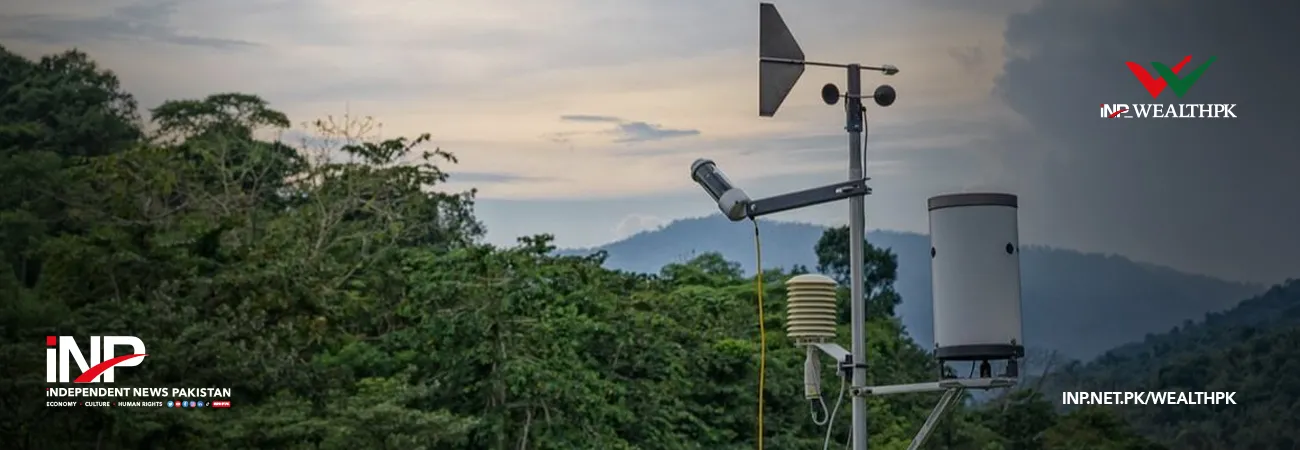INP-WealthPk
Ayesha Saba
Transitioning Pakistan’s construction industry toward a circular model is not just an environmental imperative but also an economic opportunity as with strong policies, incentives, and awareness, this shift could lead to more sustainable and inclusive urban development.

Speaking to WealthPK, Asad Iqbal, an engineer and urban planning expert, pointed out that the construction sector accounts for nearly 40% of global carbon emissions and is one of the largest consumers of raw materials.
“In Pakistan, the situation is exacerbated by inefficient waste management and a lack of recycling infrastructure. The linear model is no longer viable. A circular approach, where materials are reused, recycled, and repurposed, can drastically reduce waste and lower the environmental footprint of construction projects,” Iqbal stressed.
He emphasised that adopting circular principles —such as designing buildings for deconstruction, using recycled materials, and minimising construction waste — can save costs and create new economic opportunities. “In developed economies, recycled concrete, steel, and wood are routinely reintegrated into the construction process, whereas in Pakistan, most of this waste is dumped,” he explained.
Iqbal said that implementing mandatory waste sorting at construction sites and setting up material recovery facilities could foster a market for recycled construction inputs, generating jobs and reducing import dependency on raw materials.
“We cannot expect market forces alone to initiate this transition. Government intervention is crucial. There should be updated building codes that encourage circularity, tax rebates for green construction practices, and deliver penalties for non-compliance with waste management laws,” he said.
The urban planning expert also pointed out that the CPEC infrastructure projects could serve as pilot initiatives to showcase how circular economy principles can be practically integrated into large-scale construction activities.
Meanwhile, an official from Environmental Protection Agency on condition of anonymity told WealthPK: “Over the years, the concept of circular economy has been emerging in new political and economic geographies. It has gained considerable attention from researchers and practitioners because it considers both social benefits and environmental protection.”
“In Pakistan, it is a nascent field as limited attempts have been made to identify the barriers and drivers in implementation,” he said. Transitioning to a circular economy requires strong policy support and industry collaboration. He highlights the need for comprehensive legislation that mandates sustainable practices in construction, he added.
“Without enforceable laws and penalties for non-compliance, the shift will remain slow,” he said. He also called for greater awareness among architects, engineers, and contractors about the benefits of circularity. “Training programmes and workshops should be introduced to educate stakeholders on sustainable design and waste reduction techniques.”
Credit: INP-WealthPk













